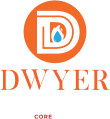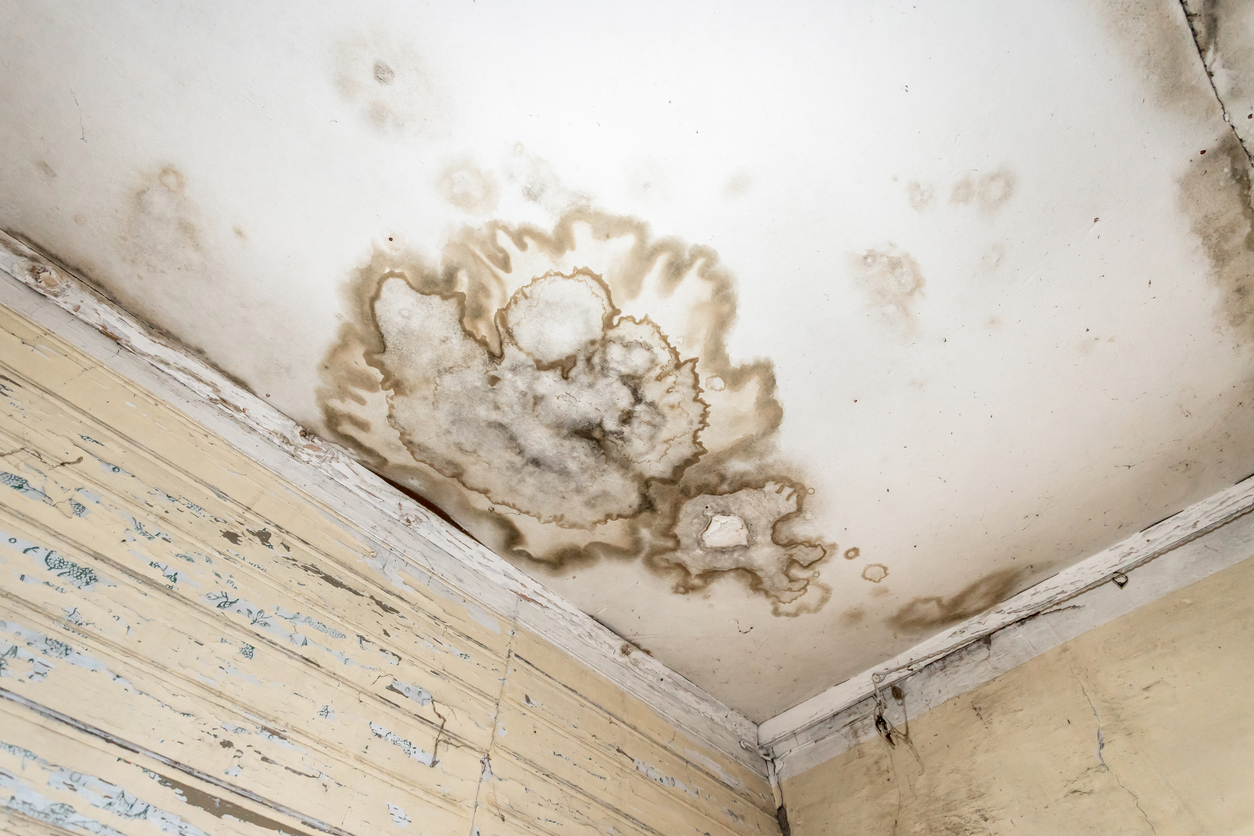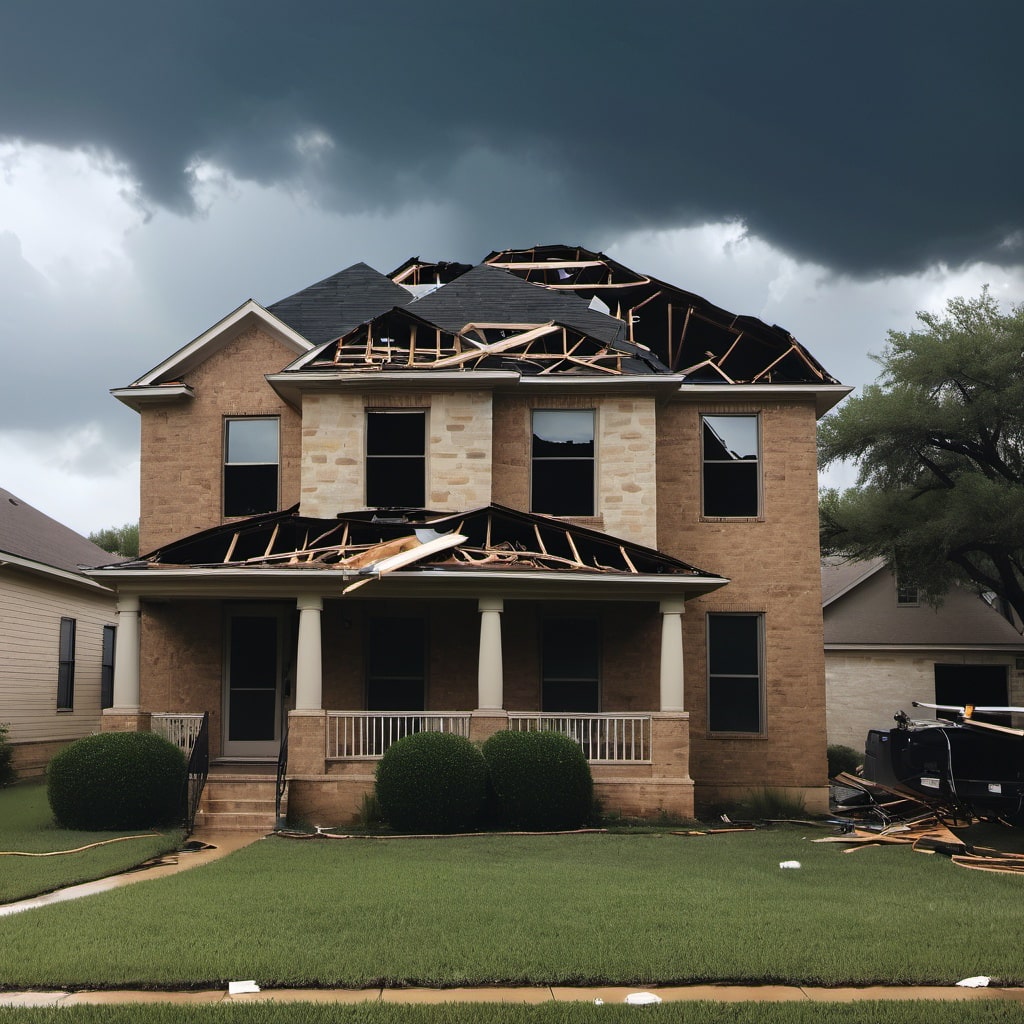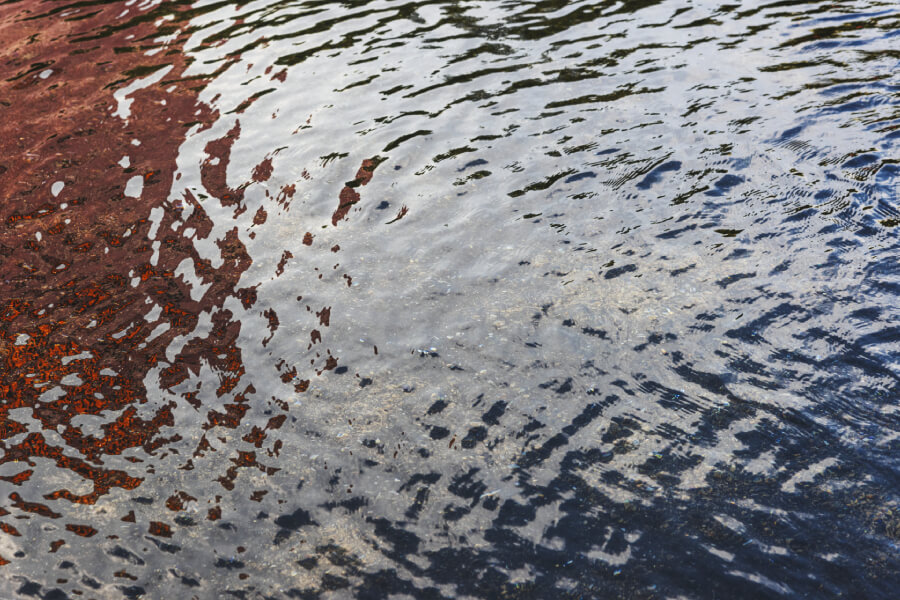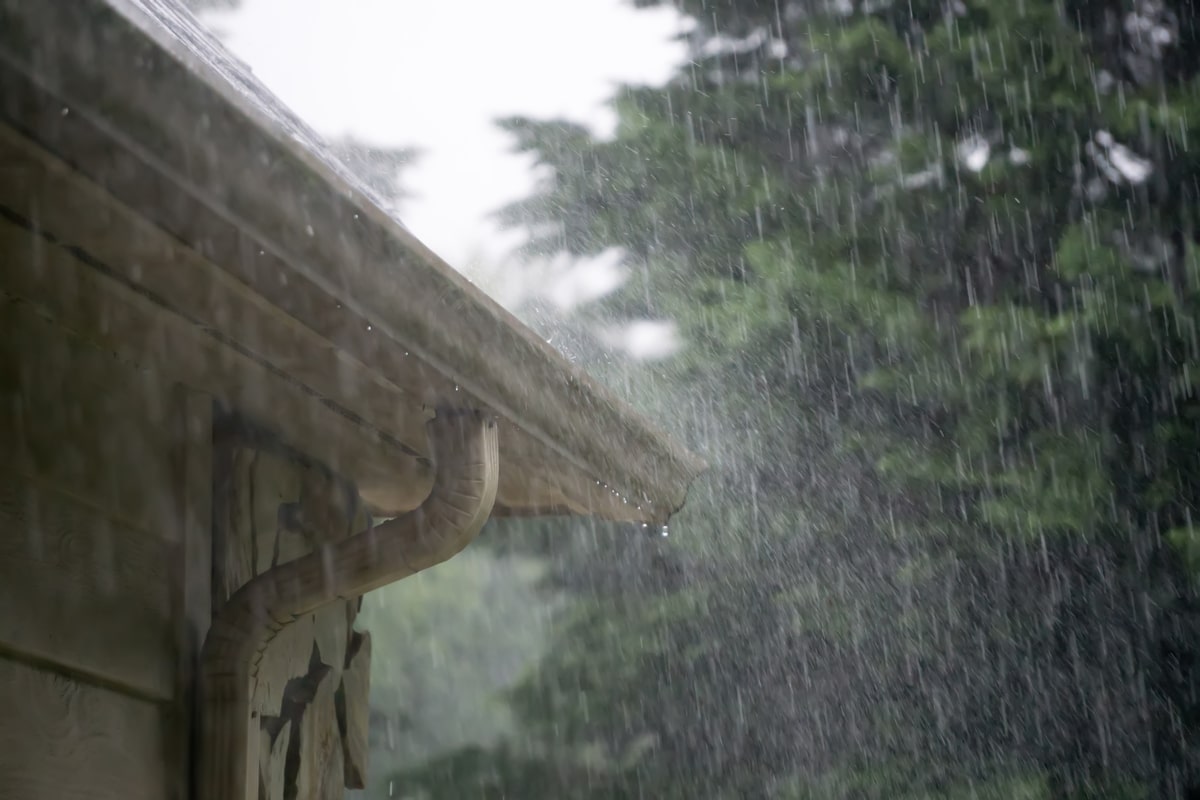Heating, ventilation and air conditioning (HVAC) systems are crucial, for keeping spaces in homes and businesses around San Antonio, Texas. However if not properly cared for they can also pose a risk of water damage. Knowing how HVAC systems can contribute to water damage is important for property owners to take precautions and recognize when its time to call in professionals from water damage restoration services.
Condensation Concerns
One common way HVAC systems can cause water damage is through condensation. When warm moist air passes over an air conditioners cooling coils it cools down. Releases moisture as condensation. Normally this moisture is collected in a drip pan. Safely drained away.. If the drip pan is damaged, obstructed or incorrectly installed the excess water may. Lead to significant harm to ceilings, walls and flooring.
Blocked Drain Lines
HVAC systems depend on a system of drain lines to expel condensation, from the unit. Over time these drain lines can get clogged with dirt, algae or other debris. When this occurs the trapped water can cause backups. Overflows within the system resulting in water damage. Regular maintenance and cleaning of these drain lines are vital to prevent issues.
Leaking Air Ducts
When air ducts have leaks it can lead to water damage issues. Sealed ducts allow humid air to seep in causing condensation, inside the ductwork. This excess moisture can drip onto insulation, ceilings or walls potentially causing water damage and encouraging mold growth. Making sure that the ductwork is properly sealed and insulated can help reduce the risk of these problems.
Freezing Evaporator Coils
In the scorching summer heat of San Antonio air conditioners work hard to keep spaces cool. Sometimes this continuous operation can result in the evaporator coils freezing up. When the AC unit is turned off the ice melts. May cause water overflow if there are any issues with the drip pan or drain lines. Regular maintenance of HVAC systems can prevent evaporator coils from freezing and causing water related damages.
Incorrect Setup
Improper installation of HVAC units is another factor that can lead to water damage concerns. If the unit is not installed levelly condensation might not drain correctly leading to water accumulation and potential harm. Having HVAC systems installed by certified professionals can help avoid problems.
Moisture Regulation
HVAC systems play a role, in maintaining indoor humidity levels.
Sized or neglected HVAC systems may struggle to reduce moisture levels indoors leading to elevated humidity that can cause wood damage, paint deterioration and mold growth. Such issues often necessitate the intervention of professionals, in water damage restoration.
Dealing with Overflowing Dehumidifiers
HVAC setups come equipped with dehumidifiers to regulate humidity levels. However if these dehumidifiers are not properly maintained they can. Result in water damage. Regularly emptying and cleaning these units is crucial to prevent incidents.
The Importance of Maintenance
maintenance is vital for ensuring the operation of HVAC systems and preventing water related issues. Failure to conduct maintenance tasks like filter replacements, coil cleaning and leak checks can lead to a cascade of problems that ultimately result in water damage. Homeowners and businesses in San Antonio are advised to schedule HVAC maintenance to mitigate the risk of repairs and water related damages.
Seeking Professional Assistance
In cases where water damage stems from HVAC system malfunctions prompt action is necessary to prevent harm and potential health risks like mold infestation. Water damage restoration firms, in San Antonio offer services for identifying the root cause of the issue fixing the HVAC system problems and restoring areas efficiently.
These experts provide services, for restoring water damage to guarantee the safety and dryness of residences and commercial establishments.
